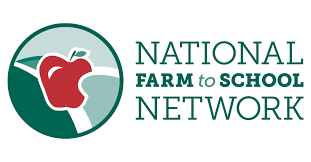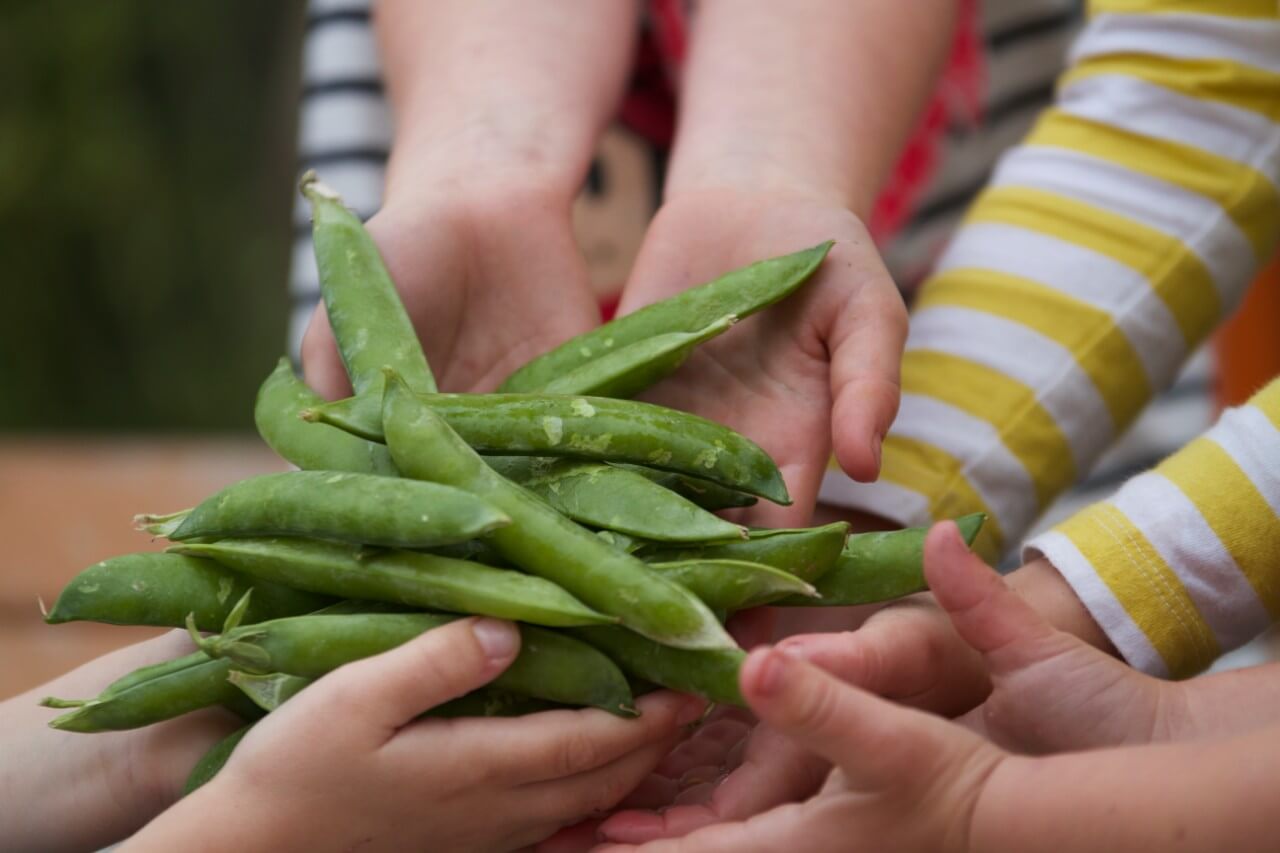
You probably have seen one. A raised garden box brimming with tomatoes and herbs on the grounds at your neighborhood school.
School gardens have exploded across the country over the last decade and are bringing numerous benefits to the kids they serve. From increased nutrition knowledge to higher consumption rates of healthy food to greater enthusiasm for learning, school gardens are incredible educational tools that are making a real difference in students’ lives.
But there’s another type of school garden on the horizon, and you may be less familiar with it. This school garden looks a little different. It requires neither sunlight nor soil. It sits inside of the classroom and features LED lighting, liquid nutrients and motorized controls. This garden is a hydroponic growing system and more and more schools are starting to explore them.
Hydroponics is the fastest growing type of gardening. It allows gardeners to grow plants in water without soil or in a soilless growing media, such as potting mix or coco coir. Hydroponics rapidly delivers nutrients to the plant’s roots, resulting in plants that grow faster and produce significantly more harvest. It can be used to grow nearly any type of plant and offers schools an alternative to traditional in-ground or raised bed gardening.
However, hydroponics is much more than just an alternative method for growing. It delivers its own unique social and educational benefits. Hydroponics is key to major advances in water conservation, land use and food production. One hydroponically grown plant can produce more than 10x the yield of one grown in traditional soil-based gardening, with less water use and less space required. The social impact this provides for future food production––especially in concrete-ridden, food-desert urban environments––is astronomical. Plus, hydroponic growing is year-round, regardless of weather conditions, which doubles the growing season and further increases potential food production.
In the classroom, introducing students to hydroponics offers exciting and distinct learning opportunities. It allows students to investigate plant needs through a different lens and encourages a deeper understanding of the conditions needed for healthy plant growth and development. Concepts like plant parts, nutrition, recycling and agricultural technology come to life for students and provide opportunities to explore foundational engineering and design principles. Hydroponics gives students year-round access to fresh, healthy food within arm’s reach inside the classroom, and as a quickly growing industry, hydroponics may even lead to future job interests and career paths for students.
One hydroponically grown plant can produce more than 10x the yield of one grown in traditional soil-based gardening, with less water use and less space required.
At Hawthorne Gardening Company, we think it’s critical to introduce more kids to this fascinating and beneficial way to grow. In May, the National Farm to School Network announced our partnership to bring more hydroponic gardens to more schools across the country, and we couldn’t be more excited about this program.
Together, the National Farm to School Network and Hawthorne Gardening Company will work closely with 15 schools in New York, Washington D.C. and California during the 2019-2020 school year to integrate hydroponic technology into their classrooms. In order for the hydroponic gardens to be fully integrated, we’ve developed our own curriculum–-written by experts at KidsGardening––to align with STEM principles and Next Generation Science Standards. This program is part of ScottsMiracle-Gro’s Gro More Good initiative and commitment to connect 10 million children to the benefits of gardens and greenspaces by 2023. Our hope is that we will spark a love of learning and of hydroponic gardening that will last a lifetime for these students.
On a more personal note, I was fortunate to grow up in a gardening family and have been around gardening my whole life. But I know that not every child has had this opportunity. That’s why I’m passionate about introducing more students today––kids who otherwise would not have had the chance––to the wonders of hydroponic growing. If we can connect just one more child to the benefits of gardening, then the program will be successful in my eyes. However, I’m hopeful it will have a much farther reaching impact for the future of school gardens.
—-
National Farm to School Network is an information, advocacy and networking hub for communities working to bring local food sourcing, school gardens, and food and agriculture education into school systems and early care and education settings. Learn more about our work at farmtoschool.org.
Hawthorne Gardening Co. is a house of brands that provide an incredible array of tools and services for a multitude of gardening needs and yet all share one mission: to help people live happier, healthier lives through gardening. Hawthorne is dedicated to empowering more people to garden no matter where and how they choose to grow. Learn more about Gro More Good at GroMoreGood.org.



